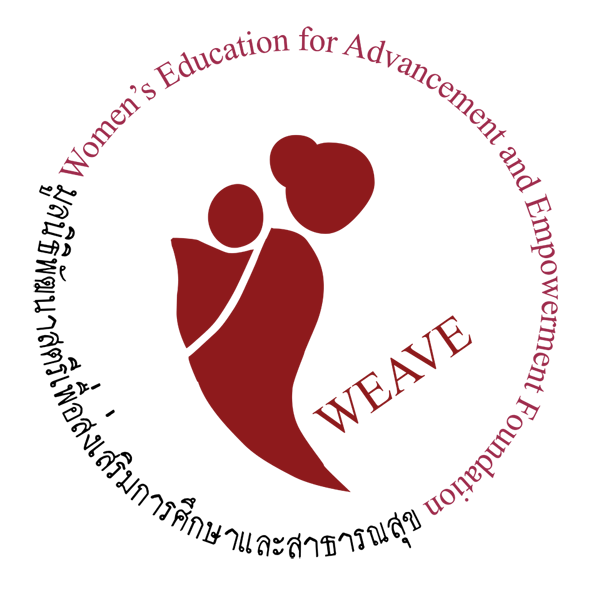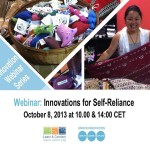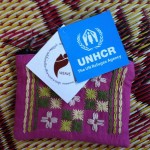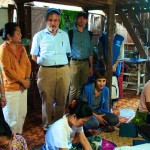If you happened to visit a refugee camp or settlement anywhere in the world, no doubt that you have come across fine-looking handicrafts like wallets, scarves and bags made by the refugees and sold on site for a few dollars.
Either the final product of spontaneous refugees’ initiatives or NGO-run projects, these items rarely represent a sustainable opportunity for refugee self-reliance and hardly sell outside the market of humanitarian workers commuting between the field and their HQs.
Luckily, exceptions are there to surprise us and show us alternative ways to do business – with refugees and on their behalf. Thai social enterprise WEAVE Fair Trade produces and sells in national and international markets handicrafts made by refugee women living in camps along the western Thai-Burma border.
WEAWE, which is one of Thailand’s six members of the World Fair Trade Organization (WFTO), has a diverse market outreach consisting of online sales through WFTO and Asia Fair Trade websites and more traditional sales through three showrooms in Thailand and scores of fairs throughout the country.
“UNHCR’s Private Sector Fundraising (PSFR) is one of their largest customers”, said Gaela Roudy-Fraser, the Coordinator of our Self-reliance lab, who has recently paid a visit to WEAVE’s showroom in Mae Sot, some 500 km north-west of Bangkok. In 2011, the PSFR team in Thailand brokered with WEAVE the first contract for the production of premiums – promotional items that individuals receive as gifts upon making financial donations to UNHCR.
“It was a groundbreaking agreement”, said Gaela adding that a number of national associations fundraising for UNHCR across the globe have now become affectionate customers of WEAVE alongside PSFR. “The volume of orders from the UNHCR family [PSFR and national associations] grew from 3,000 pieces in 2011 to more than 30,000 in 2013”, said Gaela. Pursues and i-Pad cases are amongst the products in high demand.
This is not the end of the story. WEAVE, is currently providing an income to some 250 Burmese refugee women who works as weavers, embroiders and tailors in three camps in Thailand’s northern provinces of Mae Hong Song, Tak and Chiang Mai.
“Quality controllers, business managers, trainers and on-the-job training for refugees to learn hand-crafting skills are all critical assets for the success of the premiums value chain initiated by PSFR”, said Gaela adding that the high demand of premiums worldwide makes this business model sustainable. “No doubt that it has a great potential for expansion and reiteration in other refugee contexts.”
We are looking forward to learning more about this model.



